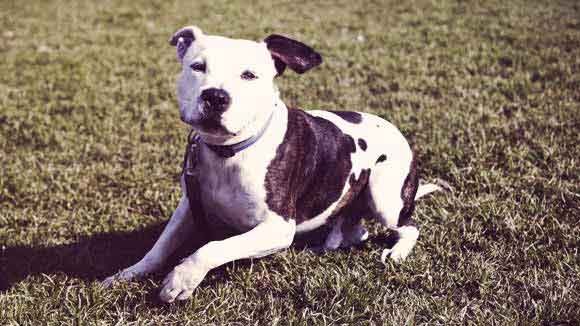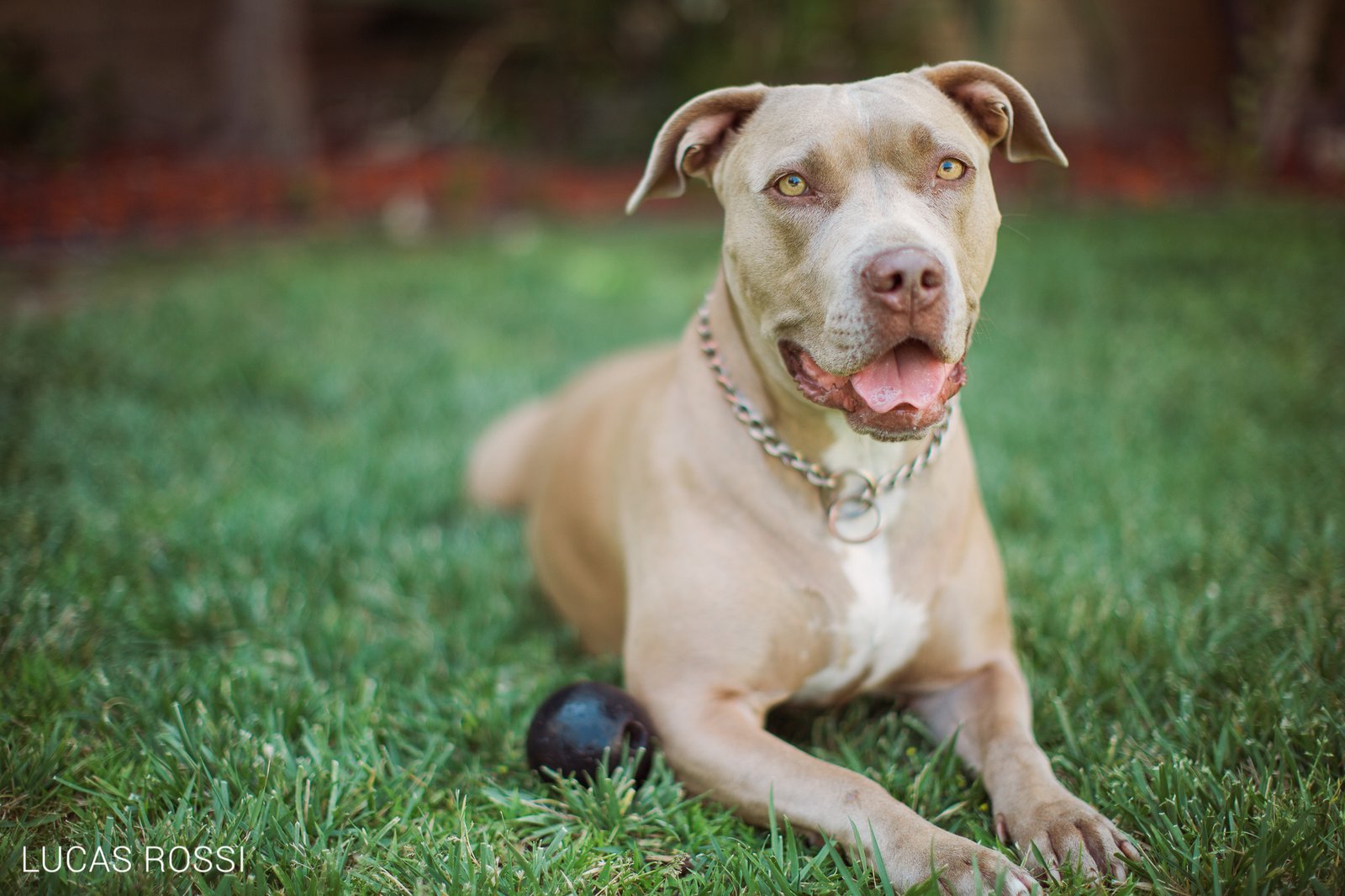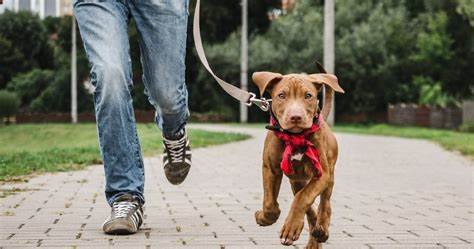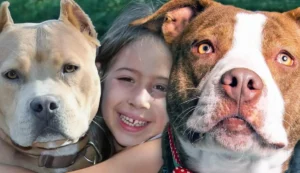Pitbulls: From Farm Dogs to Family Companions
Pitbulls, often misunderstood and misrepresented, have a fascinating history that dates back to the 19th century. These dogs were originally bred for purposes very different from what many people think of today. Far from the fierce, aggressive image they often have in the media, Pitbulls have been loyal companions, hardworking farm dogs, and trusted protectors. Understanding their true origins helps to highlight the breed’s transformation from working dogs to the affectionate family pets they are today.
The Early Beginnings: Bull-Baiting and Working Dogs
The history of the Pitbull breed begins in England in the early 1800s. They were bred by crossing bulldogs with terriers, resulting in a dog with the strength and power of the bulldog combined with the agility and tenacity of the terrier. The original purpose of this crossbreed was bull-baiting—a brutal sport where dogs were pitted against bulls to demonstrate their courage and stamina. This cruel practice was eventually banned in 1835, but the dogs bred for it played an important role in shaping the Pitbull we know today.
After the ban on bull-baiting, Pitbulls were used for a variety of other purposes. They were still highly valued for their strength and agility, often being utilized as farm dogs for tasks such as herding livestock, guarding properties, and assisting hunters. This made them incredibly versatile and highly trusted by farmers and families alike.
The Pitbull in America: A Symbol of Loyalty and Strength
The breed’s journey to the United States began in the late 1800s, where they were brought by immigrants looking for loyal, protective companions. Pitbulls quickly became popular in American homes, especially on farms and in working environments. Their ability to protect livestock, as well as their loyalty and courage, made them invaluable to families and farmers. These dogs were often used for tasks like pulling carts, herding, and providing protection to both property and people.
During this time, Pitbulls gained a reputation as the “Nanny Dog” due to their gentle nature with children. Their calm demeanor and affectionate temperament made them excellent companions for families, earning them a beloved spot in American homes. This period marked the first real transition from working dogs to family companions, as Pitbulls were trusted not just for their protective qualities, but also for their gentle and loving nature.
The Pitbull’s Changing Reputation
Unfortunately, in the late 20th century, the image of the Pitbull began to shift. Media coverage and sensationalized stories, often centered around attacks or misuse by irresponsible owners, led to an increasing fear of the breed. As a result, Pitbulls began to be associated with violence and aggression, rather than the loyal, affectionate dogs they truly were. This led to widespread breed-specific legislation in some areas, where Pitbulls were banned or restricted.
Despite this, many responsible owners and advocates have worked tirelessly to improve the breed’s reputation. Today, Pitbulls continue to thrive as family pets, therapy dogs, and working dogs in various fields. Their loyalty, intelligence, and affectionate nature are key traits that have made them beloved companions for countless families.

The Modern Pitbull: A Loving Companion
In recent years, the Pitbull has become a symbol of resilience and the power of education and responsible ownership. With the right training, socialization, and care, these dogs make wonderful family pets. They are known for their boundless energy, playful nature, and deep loyalty to their owners. Despite the stigma they face, Pitbulls can be gentle, kind, and incredibly loving.
Organizations and rescue groups across the country continue to work on changing public perceptions by promoting responsible ownership and highlighting the positive qualities of Pitbulls. They are increasingly recognized as a breed with a heart of gold, capable of forming strong bonds with their families.
Conclusion: A Breed with a Rich Legacy
The history of Pitbulls is one of transformation. From their origins as farm dogs and working companions to their current role as cherished family members, Pitbulls have shown that they are more than just their reputation. These dogs are loyal, intelligent, and loving, and with the right training, they make fantastic pets. Understanding the history of Pitbulls helps shed light on their true nature and encourages a more compassionate approach to this often-misunderstood breed.








